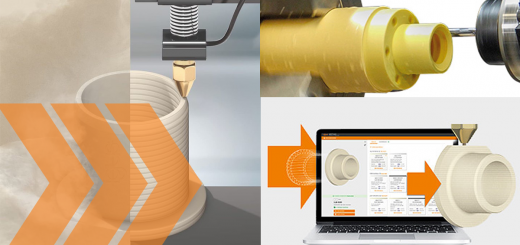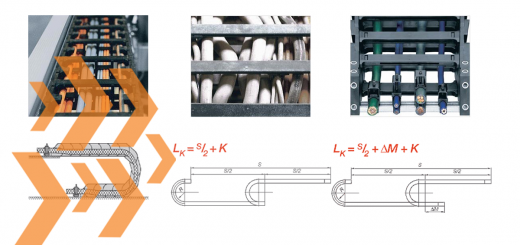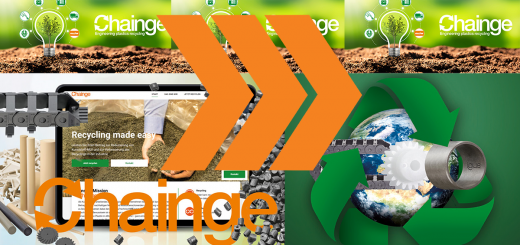Changes in the economy due to the industrial metaverse: More than just hype
By Marco Thull
The industrial metaverse is like a digital parallel universe where people from all over the world work together as avatars – faster, more efficiently, and in a more environmentally friendly manner than in the real world. But what does it mean in concrete terms for our economy?
Imagine you are Robert Müller, an engineer working for a machine tool manufacturer. On a Monday morning, you are preparing for an important meeting with engineers from all over the world. The special thing about the meeting is that nobody has to take a long, expensive journey. Everyone just puts on a virtual reality headset and immerses themselves in the industrial metaverse, where they work together on 3D models as avatars.
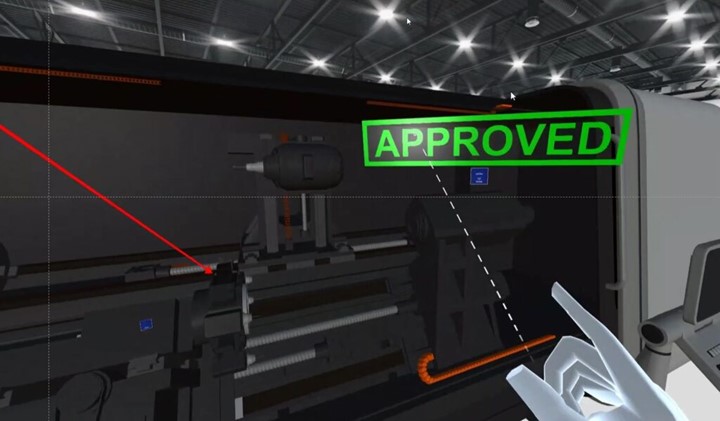
Picture: Virtual engineering, here on a realistic model of a machine tool (Source: igus/Holo-Light)
Many might dismiss the metaverse as temporary, but Dr Dietmar Laß, Senior Research Manager for the Fraunhofer ICT Group, says, “The metaverse is more than hype. It is coming in some way and to some extent.” Large companies such as Siemens Energy, BASF, Kawasaki, SAP, ABB, and Rockwell Automation are already experimenting with it and using the technology to do such things as set up virtual laboratories & agile robot factories, and plan maintenance work.
But large companies are not to be the only ones enjoying the advantages of the metaverse. They are for SMEs as well. This is where igus comes in with the iguverse, a kind of software-as-a-service planned for the medium term. So even companies with a low degree of digitalization and a limited budget can harness the advantages of virtual reality – without incurring their own development costs.
igus builds digital, copy-protected twins for the digital space and even offers digitalization for old products. Suitable VR headsets and controllers for rent are also planned.
The iguverse offers a multitude of new possibilities, such as the presentation of virtual twins of products and the implementation of complete engineering projects with engineers and material experts from all over the world. It even allows designing a virtual shop floor with suppliers and then transferring it to the real world – with augmented reality.
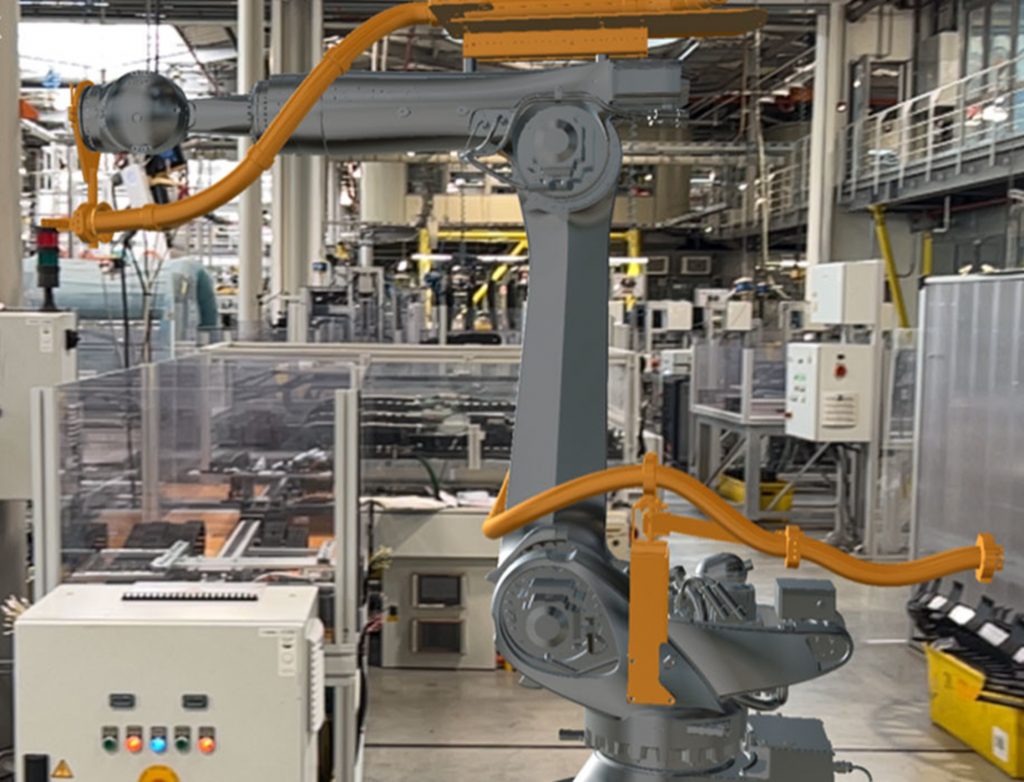
Picture: An AR model of a robot with real-size igus products projected into a production hall (source: igus)
Do you think the industrial metaverse just hype or will it define our collective futures? Let us know in the comments!

